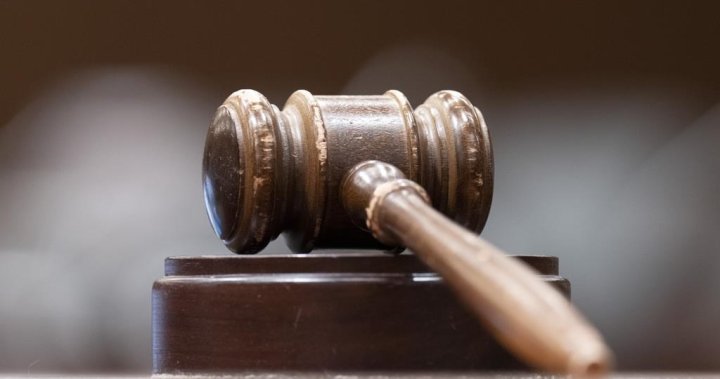This case revolves around a hit-and-run incident in Burnaby, British Columbia, and the subsequent denial of compensation to the victims by the Insurance Corporation of British Columbia (ICBC). The incident occurred in the early morning hours of February 3, 2019, when a stolen GMC Sonoma pickup truck disregarded a stop sign on Sussex Avenue and collided with a Mercedes carrying three individuals: Larissa Fearon, her brother Duwayne Fearon, and Shawayne Powell. The impact of the collision propelled the truck into nearby bushes, while the driver fled the scene, leaving their identity unknown.
The victims sought compensation from ICBC under Section 24 of the Insurance Vehicle Act, which allows individuals to claim damages or medical expenses in hit-and-run cases where the driver’s identity remains unknown. However, this section also stipulates a crucial condition: claimants must demonstrate that they made “all reasonable efforts” to ascertain the identity of the unknown driver. This requirement became the central point of contention in the case. Justice Crerar, presiding over the case, ruled against the plaintiffs, asserting that they had not met this crucial requirement.
The judge’s decision hinged on the plaintiffs’ admission that they had taken no steps for over a year to gather information that could help identify the fleeing driver. Justice Crerar emphasized that the plaintiffs could and should have undertaken several minimally burdensome actions to fulfill their obligation under Section 24(5). He suggested actions such as posting signs near the accident site, advertising in local publications seeking witnesses, or utilizing social media platforms to spread awareness about the incident. These steps, while simple, could have potentially yielded crucial information that might have led to the identification of the driver.
The ruling highlighted the fact that despite the early hour, there were several potential witnesses to the aftermath of the accident. Two individuals in a nearby apartment building witnessed the collision after hearing the screeching brakes and the impact. Two other passersby were also present, one of whom contacted emergency services. Furthermore, these two individuals even attempted to pursue the fleeing driver, assuming he had headed east, away from Metrotown Station, towards an area with a school and alleyways. This existing network of potential witnesses bolstered the judge’s argument that proactive efforts by the plaintiffs could have yielded results.
The plaintiffs countered these arguments by claiming that the darkness and early hour made finding witnesses unlikely. They also asserted that they relied on the police investigation and assumed it would be thorough and comprehensive. They pointed to the police efforts, which included interviewing the plaintiffs and a witness, conducting a dog search, and performing a forensic examination of the truck’s interior. However, the police investigation concluded seven days after the incident without identifying the driver. Despite these arguments, Justice Crerar maintained that the plaintiffs’ inaction prevented any possibility of uncovering additional evidence. He emphasized that even if their efforts had ultimately proven fruitless, their lack of initiative precluded the possibility of ever knowing whether crucial evidence was lost.
Justice Crerar’s ruling underscored the principle of individual responsibility in legal proceedings, particularly in hit-and-run cases. While the ICBC provides a safety net for victims of unidentified drivers, it also necessitates proactive efforts on the part of the claimants to identify the responsible party. The judge’s decision emphasized that relying solely on police investigations does not absolve victims from their obligation to undertake their own reasonable efforts. The plaintiffs’ failure to act “resolutely and resourcefully,” as the judge phrased it, ultimately resulted in the dismissal of their claims. The ruling serves as a significant precedent, emphasizing the importance of individual initiative in seeking compensation under Section 24 of the Insurance Vehicle Act. It reinforces the notion that the “safety net” provided by ICBC is not a guarantee of compensation, but rather a resource contingent on the claimants fulfilling their own investigative responsibilities.

